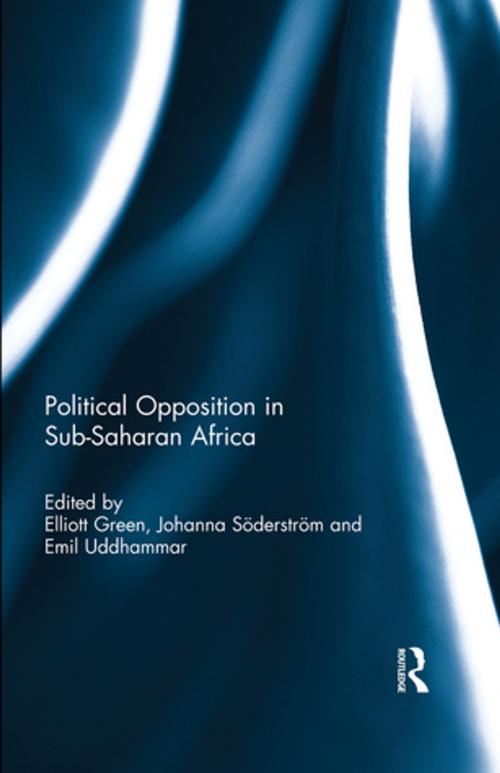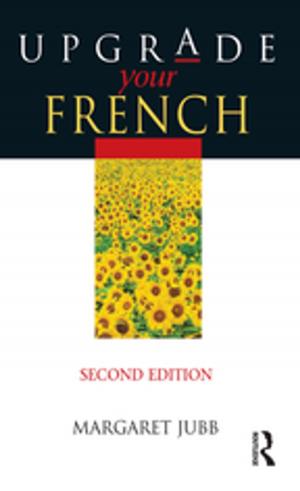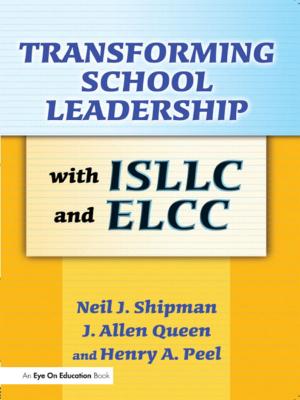Political Opposition and Democracy in Sub-Saharan Africa
Nonfiction, Social & Cultural Studies, Political Science| Author: | ISBN: | 9781134933129 | |
| Publisher: | Taylor and Francis | Publication: | April 8, 2016 |
| Imprint: | Routledge | Language: | English |
| Author: | |
| ISBN: | 9781134933129 |
| Publisher: | Taylor and Francis |
| Publication: | April 8, 2016 |
| Imprint: | Routledge |
| Language: | English |
This book takes a closer look at the role and meaning of political opposition for the development of democracy across sub-Saharan Africa. Why is room for political opposition in most cases so severely limited? Under what circumstances has the political opposition been able to establish itself in a legitimate role in African politics? To answer these questions this edited volume focuses on the institutional settings, the nature and dynamics within and between political parties, and the relationship between the citizens and political parties. It is found that regional devolution and federalist structures enable political opposition to organize and gain local power, as a supplement to influence at the central level. Generally, however, opposition parties are lacking in organization and institutionalization, as well as in their ability to find support in civil society and promote the issues that voters find most important. Overall, strong executive powers, unchecked by democratic institutions, in combination with deferential values and fear of conflict, undermine legitimate opposition activity.
This book was originally published as a special issue of Democratization.
This book takes a closer look at the role and meaning of political opposition for the development of democracy across sub-Saharan Africa. Why is room for political opposition in most cases so severely limited? Under what circumstances has the political opposition been able to establish itself in a legitimate role in African politics? To answer these questions this edited volume focuses on the institutional settings, the nature and dynamics within and between political parties, and the relationship between the citizens and political parties. It is found that regional devolution and federalist structures enable political opposition to organize and gain local power, as a supplement to influence at the central level. Generally, however, opposition parties are lacking in organization and institutionalization, as well as in their ability to find support in civil society and promote the issues that voters find most important. Overall, strong executive powers, unchecked by democratic institutions, in combination with deferential values and fear of conflict, undermine legitimate opposition activity.
This book was originally published as a special issue of Democratization.















